
Daily Briefing
Quote of the Day
"Prayer is Advocacy" - Phumzile Mlambo Executive Director, UN Women
Reports on Day's Events
Once the main block of side events begin we will publish regular reports on each day's
events. Until then why not check out some of our other reports from the UN here?
Did you know?
2/3 of UNICEF's offices worldwide work with religious offices
- Caterina Tino representative of UNICEF
Picture of the Day
Young people from The Salvation Army Greater New York Division lead worship through
dance during the first celebration of the Commission on the Status of Women 2016.
Today's Reports
CSW Ecumenical Women Orientation Day Justice
Ecumenical Women 2016-03-12 Eirwen Pallant
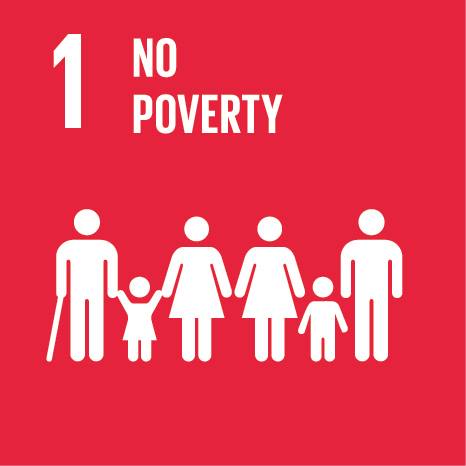



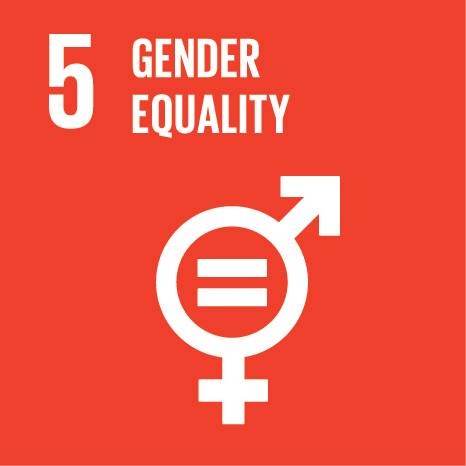


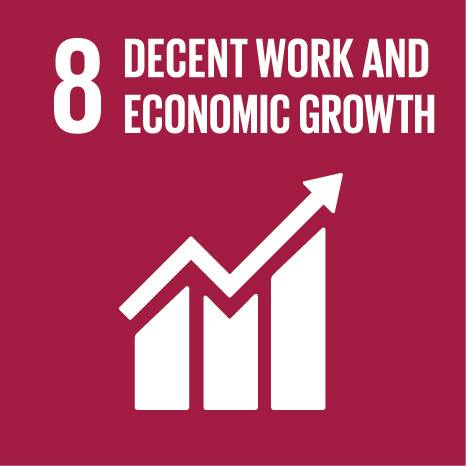
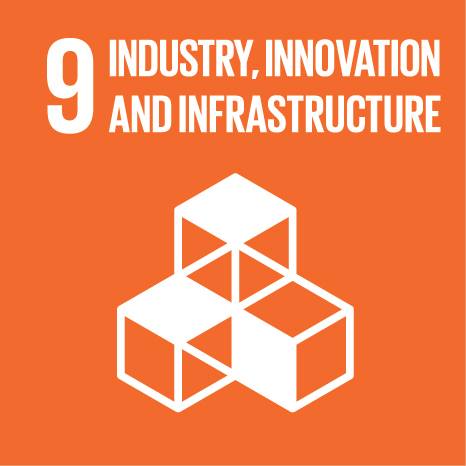

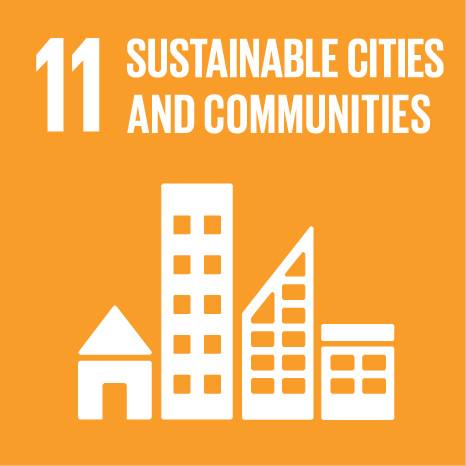
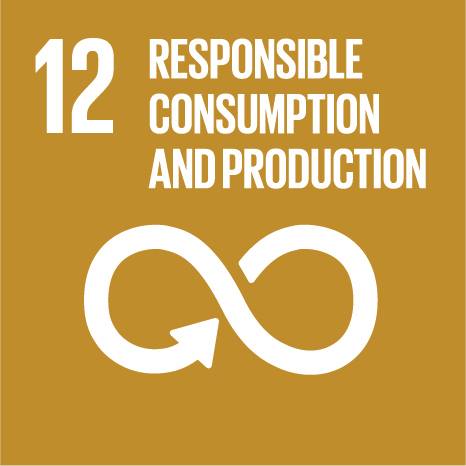
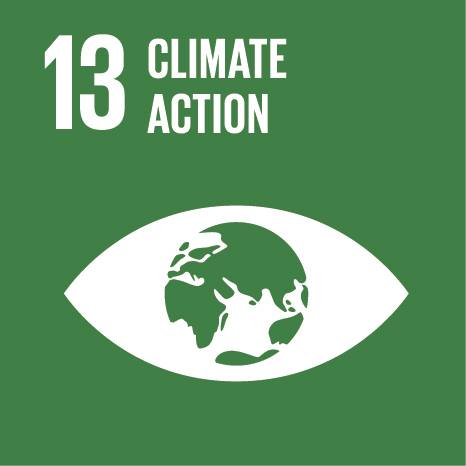
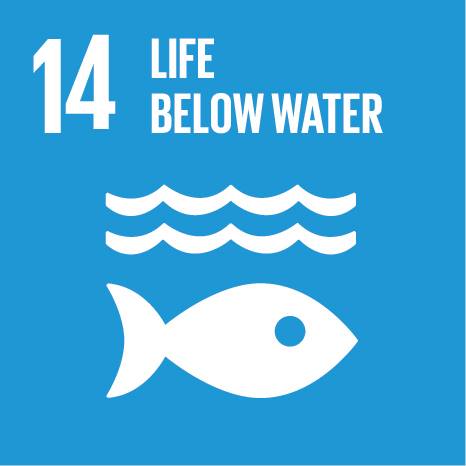

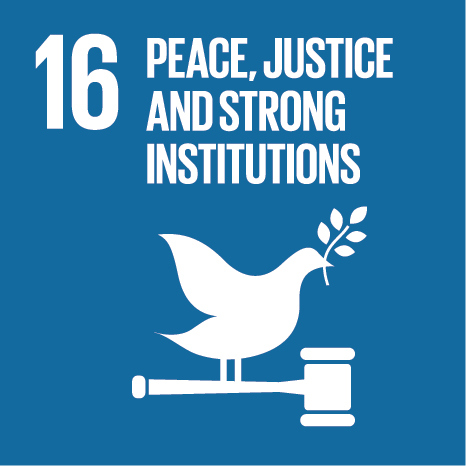
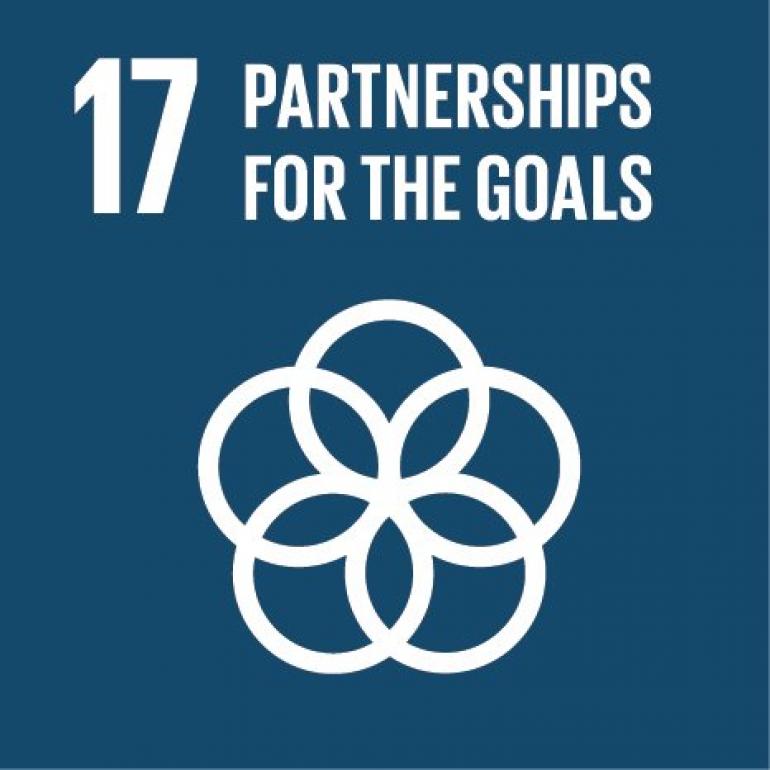
Brief Summary of presentation of information made?
(NB: This section seeks to factually report what was said in the presentation. No inference should be drawn in terms of Salvation Army position or policy from this section)
Dr Phumzile
Ecumenical Women work together despite the diversity of our beliefs. The theme for CSW this year is Women’s Empowerment and the links to the SDGs. CSW this year will define not only our role for 2030 but also give impetus for each year. The priority theme is –Implementation . We must leave no-one behind, focusing first on those who have least- these are often women and girls. We must institutionalise ‘leave no one behind’ in the way we work. It is about changing the way we live, the way we work, the way we relate to others and also relate to the environment. In 2020 we need to evaluate whether we are on the right track. FBO’s have been involved in many issues that are now in the SDGs. All countries have some form of discrimination against women, all have issues of violence against women. It is not just in countries where there is no law to protect women but there are many underground practices in many countries. Other issues are extremism, low intensity patriarchy that extends from generation to generation and stereotyping. All need to be addressed from the pulpit. Some of the most vulnerable are girls but also the older women. The SDGs and the Bejing Agreement both need implementing and we need strategies for both.
Lopa Benerjee representing UN women
SDGs are about transformation. 80 governments have signed up to the Bejing Agreement. This is an immense achievement. Now major conversations on violence, peace and migration which all affect women. But there are still major challenges. The way forward is with partnerships and organization of monitoring of the implementation of the changes.
Delegates need to:
Reaffirm the aims
Focus on the implementation of the SDG aims noting their inclusivity and indivisibility
Focus on the monitoring and evaluation of state involvement
Caterina Tino representing UNICEF
Religion impacts people from the time they are born. Religious communities are often best placed to reach children & families. 2/3 of UNICEF offices are working with religious communities Religious organisations will be important in achieving the SDGs A fundamental shift in thinking is needed for gender equality and justice. Rape is condoned as compensation for unpaid salaries by S Sudanese soldiers. Gender justice goes beyond violence to fundamental beliefs about who girls and women are as people. Illustration of religious community involvement with SDGs heard a sermon in church on Elijah and the widow.
The 3 sermon points were:
Poverty- the widow was poor
Environment – there had been a drought and famine
Gender Justice – the widow had no means of earning an income
Tatiana Dwyer representing United Methodist Women
The SDGs are a vision setting the agenda for change. Poverty is rooted in inequality. Women are central to development and need to be central in decision making. Need to move from national agreement to local delivery. Panel discussion revolved around conversations. UN needs to be safe space to have the conversations. Congregations need to hold the difficult discussions.
What was of particular significance to share with The Salvation Army globally?
Religious Communities are vital in implementing change, addressing all forms of inequality
Congregations need to hold conversations around the difficult questions
The pulpit is seen as a valuable method of sharing the social justice message
Consulatation Day NGO CSW
NGOCSW 2016-03-13 Kathy Crombie

















Brief Summary of presentation of information made?
(NB: This section seeks to factually report what was said in the presentation. No inference should be drawn in terms of Salvation Army position or policy from this section)
SDGs focus is on leaving no one behind. To do this we must first focus on the ones who have the least. Civil society has a big role to play in making strategies to first reach the furtherest. This means engaging with governments at local and national levels.
To implement SDGs calls for changes at many levels - the way we live, grow food, gender roles, our relationship with the earth and changes to our culture.
Some of our biggest challenges is a global patriarchal culture whereby culture is maintained by controlling the bodies of women and girls.
To implement all SDGs it is critical that:
* human rights are protected and promoted. All policies that lead to discrimination and violence must be challenged. There is a need to engage men and boys and change their mindsets from the domestic level
* policies and programs must account for reality of women and girls in order to leave no one behind
* data collection is strong and able to be disaggregated to demonstrate investment in women
* data must account for all elements of society and all types of violence
What was of particular significance to share with The Salvation Army globally?
Strengthen and forge new partnerships at government levels wherever possible
Ensure the development of robust mechanisms to collect measure and manage data


